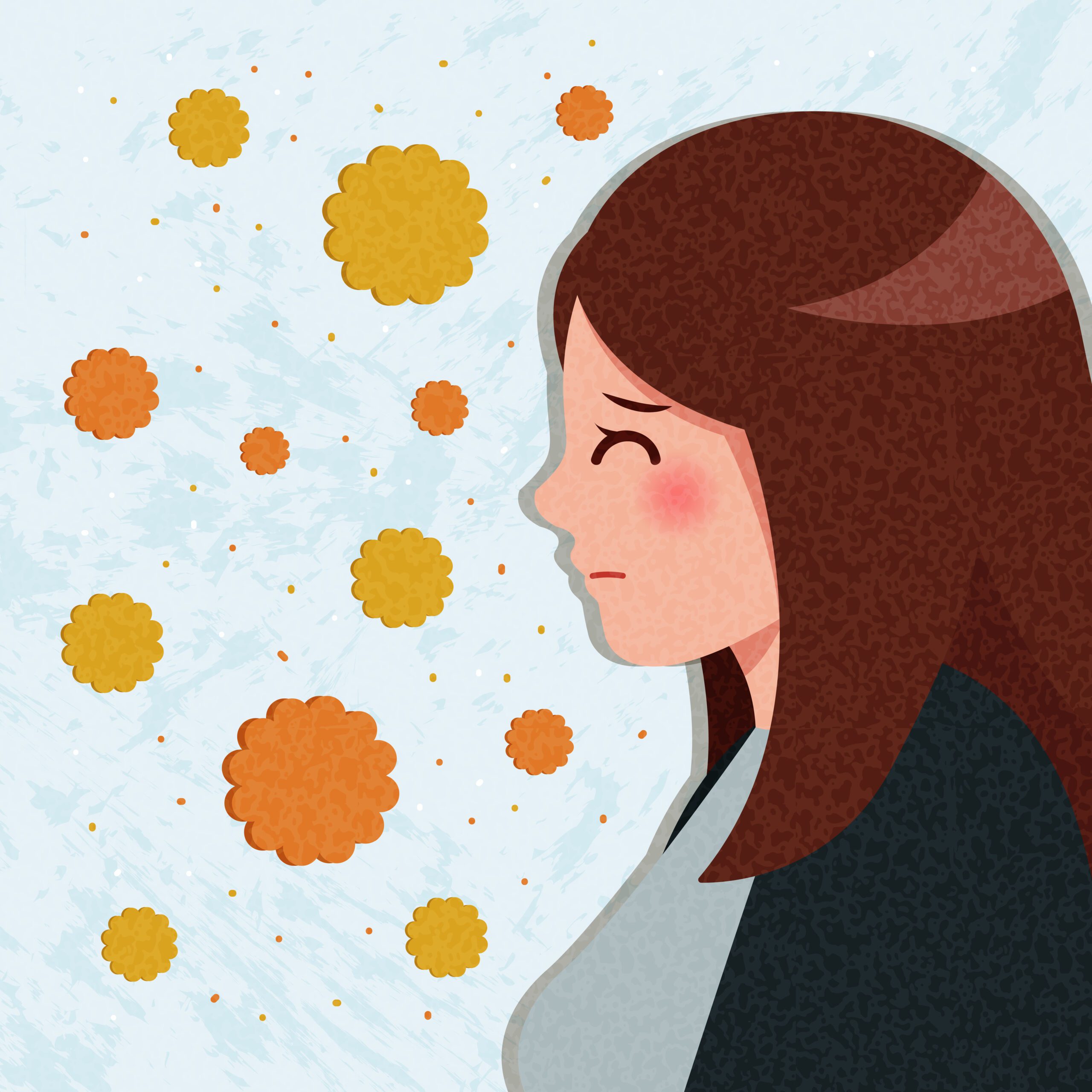
For years, hay fever sufferers have had to endure the sneezing, sniffling and all-around breathing difficulties that just came with the season. However, new research is hinting that probiotics have the power to help the body’s immune system adjust to grass pollen, which is the most common culprit of hay fever and other seasonal allergies.
What are probiotics?
Our bodies already have many kinds of bacteria and microorganisms, some good and some not so good. Probiotics found in certain foods or dietary supplements contain the “good” bacteria that are very much like that naturally found in your body. Although it’s not yet considered a necessity for your body to have probiotics for good health, they’re beneficial in providing protection from harmful or “bad” bacteria as well as aiding with digestion and many other health concerns. Probiotics take on the role of overcrowding the bad bacteria and killing them off before they can do damage and cause such health problems.
Probiotics for Allergies?
This new research has hay fever sufferers hopeful that in the future, these probiotics or “good” bacteria may actually be used as a treatment for hay fever – a problem that affects almost 36 million people in the United States. The intestinal bacteria in your stomach is believed to have an effect on allergies such as hay fever, and because the characteristics of probiotics are so similar to the good bacteria that’s already in your body, scientists believe probiotics will be very beneficial to hay fever sufferers.
What the Research Suggests
A study was performed on 10 individuals, each given a glass of milk per day. Some were given regular milk, while others were given milk with the probiotics Lactobacillus casei Shirota, which has been widely known to be beneficial to good health. The test, which ran for five months, consisted of the individuals having blood tests before, during and after the hay fever season to check their immunoglobulin E (IgE) levels. Hay fever and other allergy sufferers generally have a higher level of immunoglobulin as IgE plays an important role in triggering allergic reactions.
The result of the blood tests showed that the individuals that drank the milk that contained the probiotics had a much lower level of IgE both during and after the hay fever season. It’s suggested that the probiotics worked to balance out the immune system in the subjects, so they weren’t adversely affected by pollens and other allergy triggers. This was and is great news for hay fever sufferers that have had to stay indoors during this season or consume one medication after another just to prevent hay fever attacks and symptoms.
How Can You Get Probiotics?
Now that you are aware of the possible health benefits of having probiotics in your body, particularly for hay fever and other allergies, the big question is where to get some! The good news is that probiotics are offered in dietary supplements such as tablets, capsules or powders, available in most health food stores. However, there are also many foods that contain probiotics including soy beverages, fermented and unfermented milk, miso, as well as some fortified juices. One popular supplement that has been getting a lot of attention lately is Bacteral. For more information on this probiotic supplement, visit the Bacteral website.

A new study suggests that a widely used sugar substitute found in diet sodas, chewing gum, and low-sugar yogurt may elevate insulin levels. This could increase the long-term risk of heart disease. “Artificial sweeteners have infiltrated nearly all types of food, making it crucial to understand their long-term health effects,” said Yihai Cao, senior author […]

Diet Coke has long been a fan-favorite among soda lovers who want a fizzy, guilt-free alternative to traditional soft drinks. While its zero-calorie, zero-sugar label makes it seem like a healthier option, the reality is far more concerning. Despite its undeniable popularity, Diet Coke’s nutritional profile has raised red flags among health experts for years. […]

New study shows that embracing an anti-inflammatory, plant-forward diet can support cognitive function and help reduce the risk of dementia. What You Eat Shapes Your Brain The food you eat doesn’t just impact your body—it also affects your brain. Research suggests that eating an anti-inflammatory, plant-based diet can help improve memory, focus, and overall brain […]